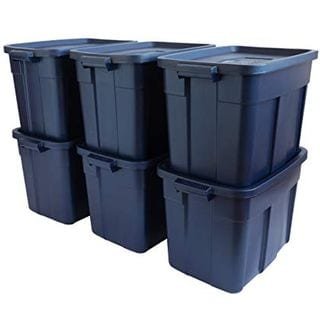Last Updated on June 12, 2023 by
The concept of liquid fertilizers is nothing new, but its usage is. Until the late ’90s, the farmers were relying on granular fertilizers as supplements for their crops. It was only after the year 2000 that a considerable shift could be seen with wide usage of solutions (liquids) coming up in the market, and more farm owners were resorting to an upgraded version of food for their soil.
Liquid fertilizers act as a growth drink for crops and plants, delivering the desired nutrients to leaves, soil, and the plant’s root system. These are applied through sprayers with large nozzles for uniform spreading. They are fast-absorbing, easily controlled, and quick to put to use in different capacities as required in the season.
Let us now dive into the advantages of using liquid fertilizers in detail –
Table of Contents
Easy to Use
The use, storage, and handling of granular fertilizers are pretty challenging, but not in the case of liquid fertilizers. Since the former ones are solid in form, they cannot be applied uniformly. The latter alternatives give even and consistent layers. So, regardless of the location of your crops, you can successfully provide equivalent nutrients to them and save yourself from heavy bag handling.
Quick Results
A liquid penetrates better in the soil. This means that when you use water-soluble fertilizers, your plants are more likely to receive and absorb nutrients for growth. Some crops show immediate positive results, and some just a couple of days. Because these fertilizers seep instantly, they make perfect go-to options for farmers to aid in rapid root developments.
Blend with Crop Protection Products
The best part about liquid fertilizers is that you can use them with other crop protection solutions such as herbicides, fungicides, insecticides, and seed treatment. That way, you are able to supply the nutrients to plants and eliminate weeds and provide protection from diseases at the same time. You can successfully ward off harmful insects and improve the immunity and longevity of grains.
Good Health of Plants
Liquid fertilizers help achieve a balanced pH level of the soil with the right blend of chemicals. Anything that is beyond a certain level can be detrimental to the health of crops. Take Nitrogen, for instance. It is beneficial only when used in limited amounts; if over-applied can kill your plants. The same holds for potassium and phosphorous – only when you use them in a controllable manner, they help. And fortunately, maintaining the content balance is easy with liquid fertilizers.
Simple Storage Solutions
Liquid fertilizers are cheaper and easier to store than granular options. There are liquid fertilizer units that you can install and keep your plant food safely inside. Since liquid fertilizers are highly corrosive and can cause unimaginable damage to the environment if spilled, you need these tanks to avoid legal and financial consequences. But, keep in mind the number of grades required at a time, the topography of your land, and logistics to pick the proper storage.
This article is sponsored by Dwayne Enterprises, a well-known manufacturer of grain storage systems in Western Canada.
Apart from that, if you are interested to know about Plant Fertilizers then visit our world category.


























